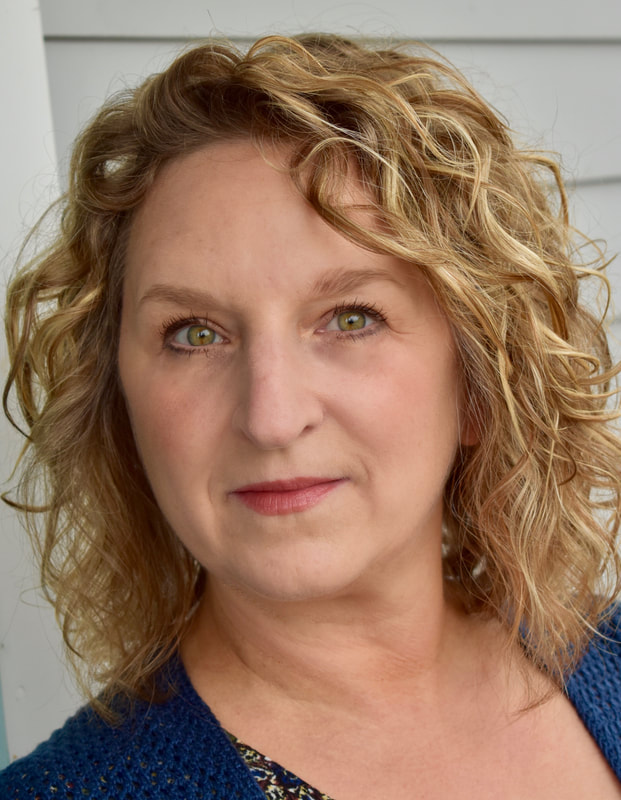| Sutton's Second Chance by Brenda A. Haas It's 10 years since Charlotte Sutton and her half-brother Adam came to terms with each other's existence in the little Lake Erie waterfront town of Lakeside, Ohio. 11 years since their father Chuck began fading away as quickly as the short term memory of an Alzheimer's patient. 14 years since Adam's mother, a drug addict and a felon, dropped her teenage son on Chuck's cottage doorstep. Now Adam's mother is clean, out of prison, and wants a second chance at being part of Adam's life. But Adam no longer believes in second chances. With the help of those who love him, Adam must find his way back to the roots only a small town, and a small town family, can offer. |
National Novel Writing Month, NaNoWriMo, is November, and I'm prepping for my next novel, "Sutton's Second Chance," what I hope will be the sequel to my 2018 effort, "Charlotte's Choice" (now called "Sutton's Choice").
The goal of NaNoWriMo is to write 50,000 words, or essentially a short novel, in one month. I did that last year by the skin of my teeth with 50,497 words and a day to spare. I was so into writing the final chapter of my rough, rough, rough, rough draft, I didn't notice jumping over the 50k mark (and my "win") until several hundred words beyond my goal. I literally burst into tears when I realized I'd crossed that line.
That is a feeling well worth recreating. I broke down a fiction writing barrier with NaNoWriMo 2018. Not only did I meet my goal, I spent 11 months cleaning up the mess that was my first draft. Four drafts later, "Sutton's Choice" is complete at about 70,000 words and now in the hands of beta readers. Once their comments come in, I'll be diving back in and hope to have a viable final draft ready by next spring, so I can start sending to lit agents.
NaNoWriMo was such a game-changer for me, I hope to keep the momentum going in 2019. Here are 6 reasons why NaNoWriMo is worth the time, even if the result is a messy, ugly first draft.
1. I wrote to get the story down. I did not have time to second guess every word and tweak my writing as I went. I had to GET IT DOWN, and worry about the nuances of it later. This allowed me to try new things and stop analyzing my every thought. Overall, I believe this process was more organic, and the writing felt more natural.
2. It gave me a goal with very concrete deadlines. I love a challenge, and NaNoWriMo is definitely that. For anyone with a full or part-time job, it becomes even more so. I decided to do NaNoWriMo because I work best when I have a deadline. I take due dates seriously, so not following through with this would have been a fail for me.
3. It made my writing public. "Announcing" I was doing NaNoWriMo nudged me to follow through. By going public with my short synopsis and keeping my readers apprised of my word count progress, I knew I had to prove (to myself and everyone else) that I could finish. Obviously, I'm following that same principle in 2019.:)
4. I felt a part of something. Writing can be a lonely sport. Writing during NaNoWriMo is like going to a month-long writing workshop at which you can ask anyone anything at anytime, via the Internet and Facebook NaNoWriMo groups, and probably get multiple answers to your question ... plus tons of encouragement that you are doing great. NaNoWriMo is a wonderful support system.
5. It provided a rhythm to my writing. In the past, I'd sit down to a chapter written the day before and feel the need to back up and edit ... sometimes entire chapters at a time. Because of the time crunch of NaNoWriMo, I only allowed myself to back up and edit 1-2 pages each day. That way I'd get my editing fix in without taking hours out of my writing time. This also allowed me to get back into the rhythm of the story, so I could go full steam ahead with something new each day. Essentially, NaNoWriMo made me a more efficient writer.
6. I finished. Messy or not, I completed a first draft of a novel, something many writers say they'd like to do, think they can do, should find the time to do, but never do. I DID do it. Though it was rough, rough, rough, the first draft of Sutton's Choice was something to be proud of, and the final draft is just around the corner. I have NaNoWriMo to thank.
NaNoWriMo is not for everyone, but for those of us that can look past the mess that is that first draft, and see the nugget of gold beneath the ugly, the process is totally worth the time and effort.
Good luck and happy writing!
#NaNoNites #AmPrepping #Writer #NaNoNoWriMo2019 #WIP #MotivationMonday #WednesdayWisdom #WritingTip #WriteTip #SCBWI #fiction #amquerying #NaNoWriMo
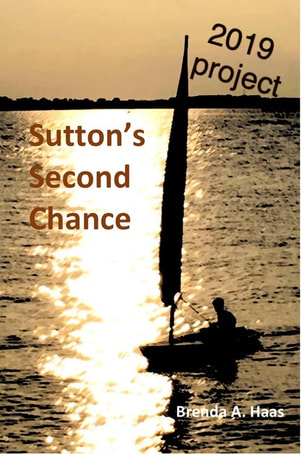
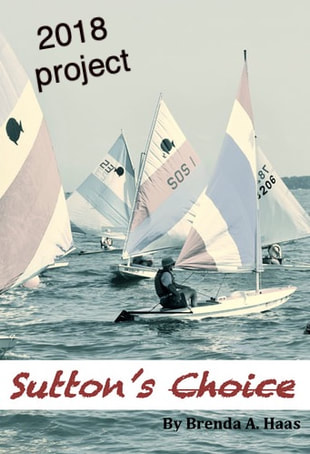
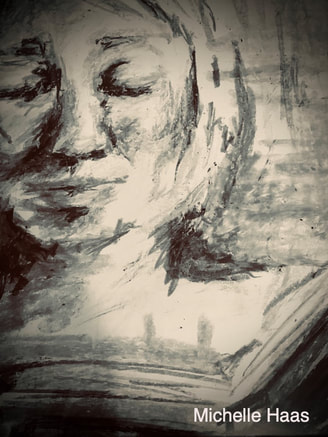
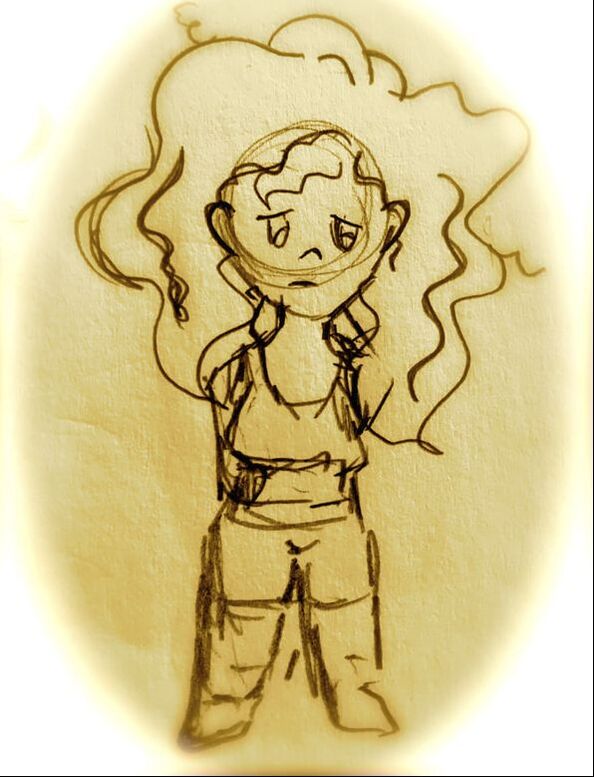
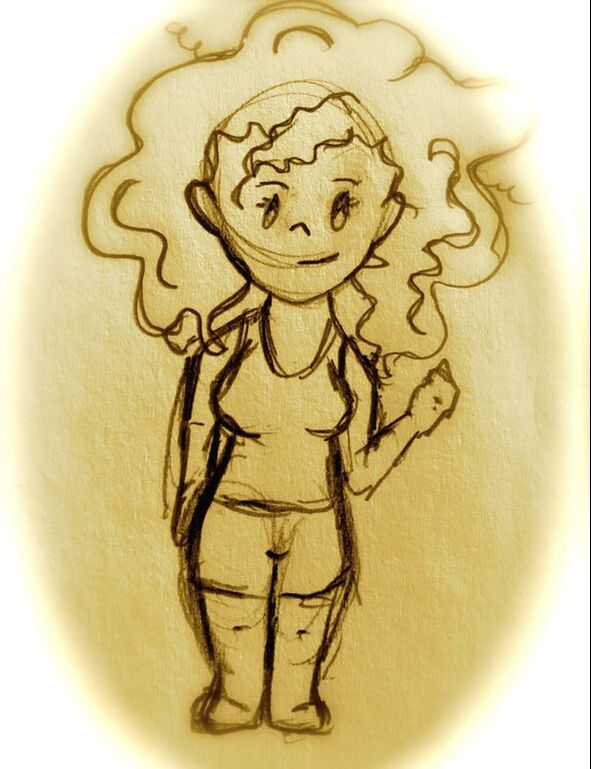
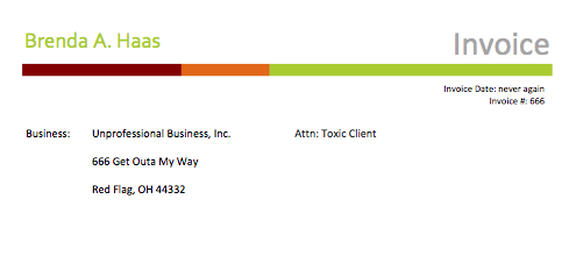
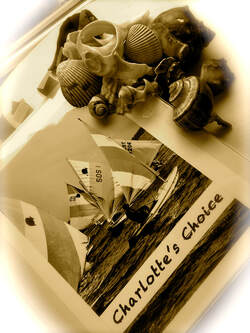





 RSS Feed
RSS Feed
